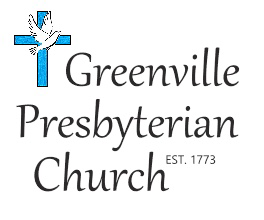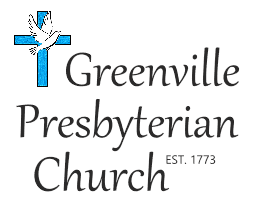|
Abram, Sarai, and Hagar – what a mess we make of things when we get impatient, presume God isn’t in control, and try to make things happen on our own plans! The practice of laying with servants and maids was not uncommon or even frowned upon in earlier days, especially when your wife was barren. But for Abram, this was the easy shortcut to make God’s promise come true but in his own power and insight. Do you see why I said yesterday that almost nothing in Abram’s character, or his descendants, which seems to warrant God’s favor? He is at the same time noble, faithful, respectable and also weak and self-centered. He acts rashly and in his own interest, and then in the next moment he shows great concern for others (especially Lot) and pleads on behalf of Sodom and Gomorrah. This is what I love about the Old Testament stories of Israel’s heroes and founders, of the biblical accounts of God’s chosen and his interactions with them (us). The stories are not whitewashed, the people are not sterilized or romanticized. They are brought to us as they were – sins, stains, weaknesses, ugliness and all. And that is also a compelling reason to believe the accounts are true and accurate.
In between these two stories sits the information of the covenant between Abram and God. It was ratified earlier, but without the details or the special sign and seal. Ancient covenants generally followed recognized and established formula (outlines), and we see those depicted throughout the Pentateuch. Covenants identified the suzerain and what he had done for the vassal (“I am God Almighty”). They spelled out what the suzerain would do for the vassal (many descendants, fruitful, land, protection). They enumerated what is expected of the vassal (faithfulness, devotion). Sometimes the greater king gave a new name to the subject (Abraham, Sarah). In addition to the ritual of ratification (animal sacrifice) there were often also marks of the covenant – something which signified and sealed the covenant, often a physical act or mark (tattoos, piercings). The sign of God’s covenant with Abraham and his lineage was circumcision. The practice was known throughout Mesopotamia, and was especially practiced in Egypt, where Abraham had already spent time. But this circumcision was a little different – complete, unlike the practice of others, and for all males, not just the highest caste. In this is symbolized so much: sacrifice of self in service of God, the promise of children, singular devotion, blood sacrifice…
1 Comment
|
AuthorDonovan Campbell, pastor of Greenville Presbyterian Church in Donalds, SC. Archives
June 2020
Categories |

 RSS Feed
RSS Feed
